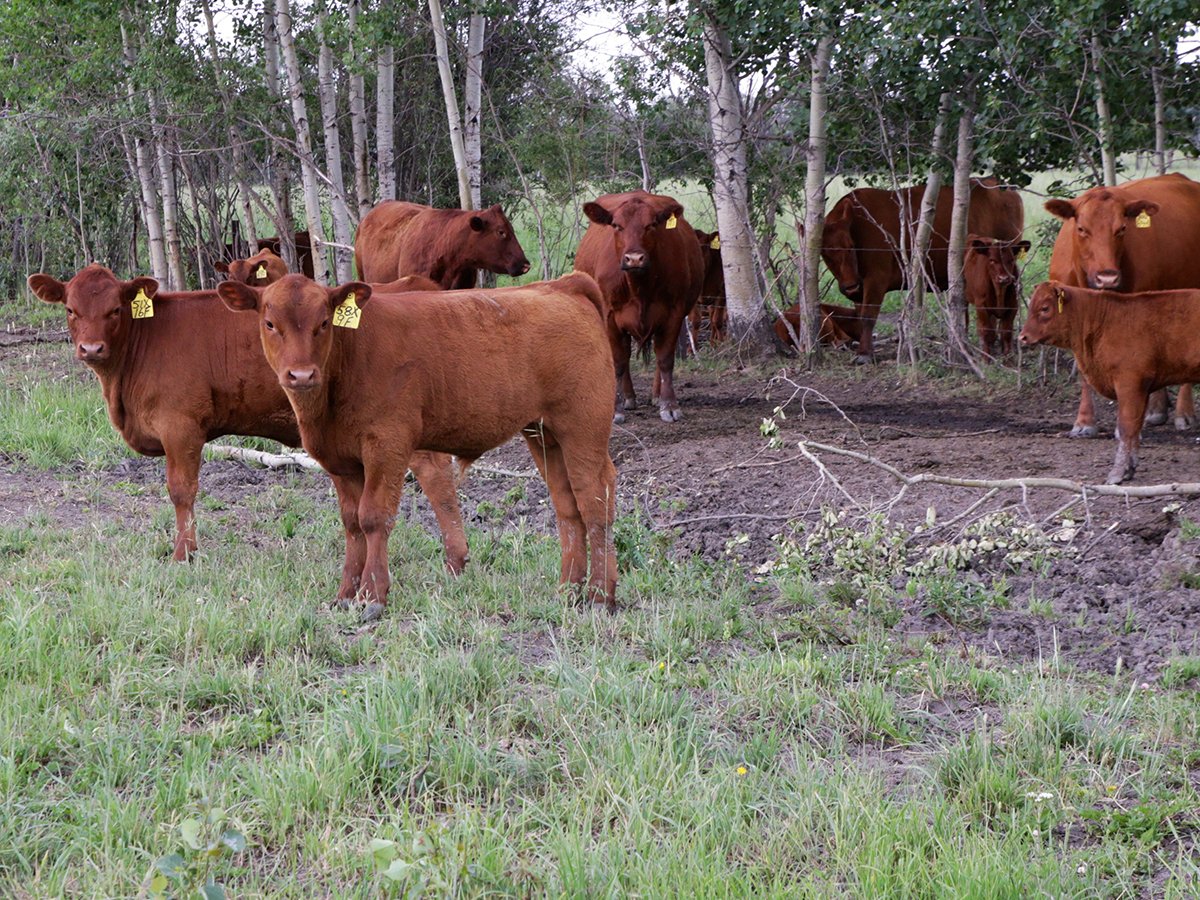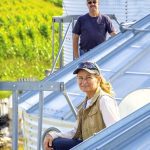KAMLOOPS, B.C. — Land claims negotiations between four First Nations communities and the British Columbia and federal governments could affect about 50 ranchers in the Cariboo region.
“Our biggest concern is that this is the first treaty that is being negotiated in an area that has a significant range component,” said rancher Grant Huffman, who leads the aboriginal affairs committee for the B.C. Cattlemen’s Association.
The Northern Shuswap treaty talks include four First Nations communities in an area east and west of Highway 97 from Clinton in the south to McLeese Lake in the north. About 173,000 acres are on offer as a settlement.
Read Also

Feeder market continues the climb
For the week ending Aug. 30, Western Canadian feeder cattle markets traded $4-8 per hundredweight higher on average.
There are 57 range tenures held by 48 ranches in the region but the ranching community does not have a seat at the negotiating table, Huffman told the BCCA annual meeting held in Kamloops May 25-27.
“We didn’t write the script but I do have to tell you we are now part of the cast,” he said.
“Things are not going to change and we are going to have to adapt and try to have respectful negotiations with the aboriginal folks and with government.”
The association has retained Kamloops lawyer and rancher Ryan Scorgie in a two-year contract to act as an advisor for the ranching community affected by treaty negotiations.
Scorgie has met with 14 ranchers so far to talk about options, compensation or possible mitigation if they lose their grazing leases. He has also met with the treaty negotiator.
Some tenures are small and others cover 80 percent of some ranchers’ operations.
The lawyer is also helping ranchers write letters to negotiators outlining their concerns. In some cases the ranchers may have a new landlord but in other instances the bands may decide to take over the land for their own use.
“Instead of writing a cheque to the province, we may write it to the band and just carry on,” he said.















